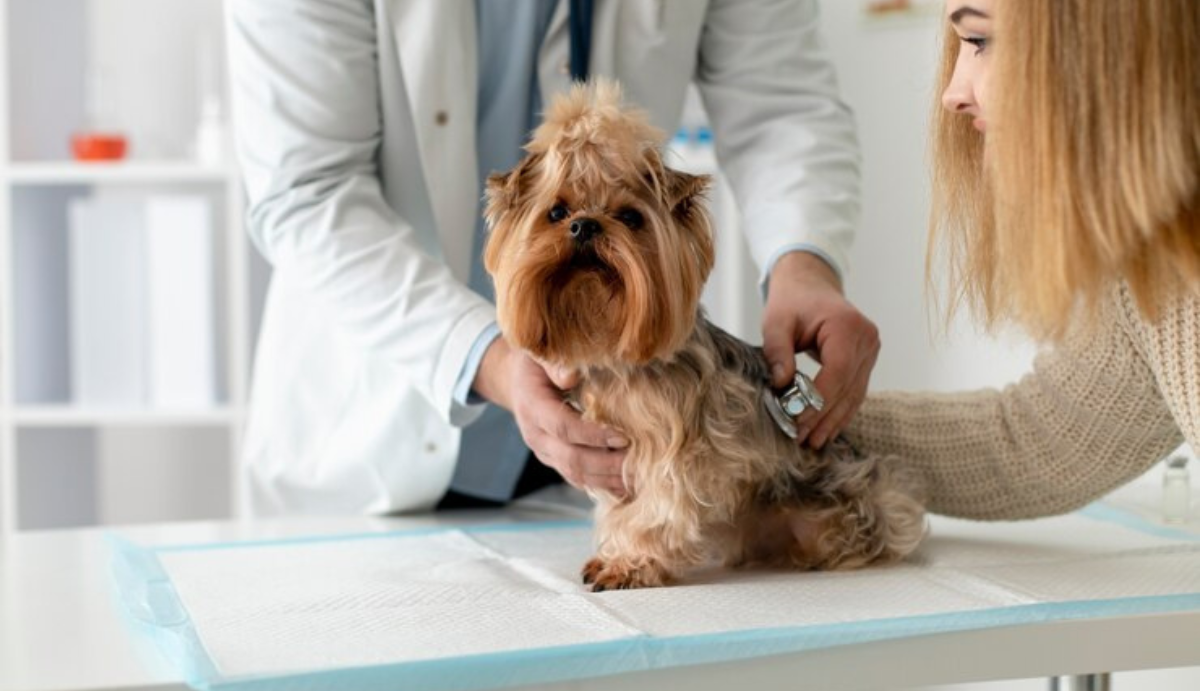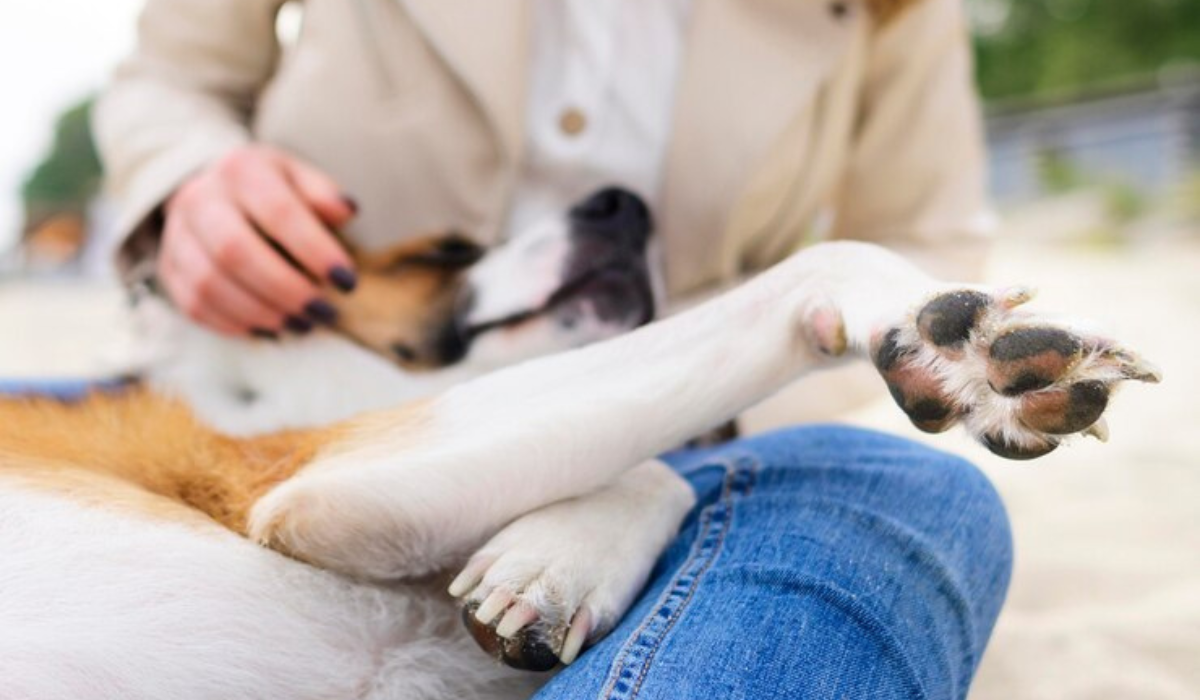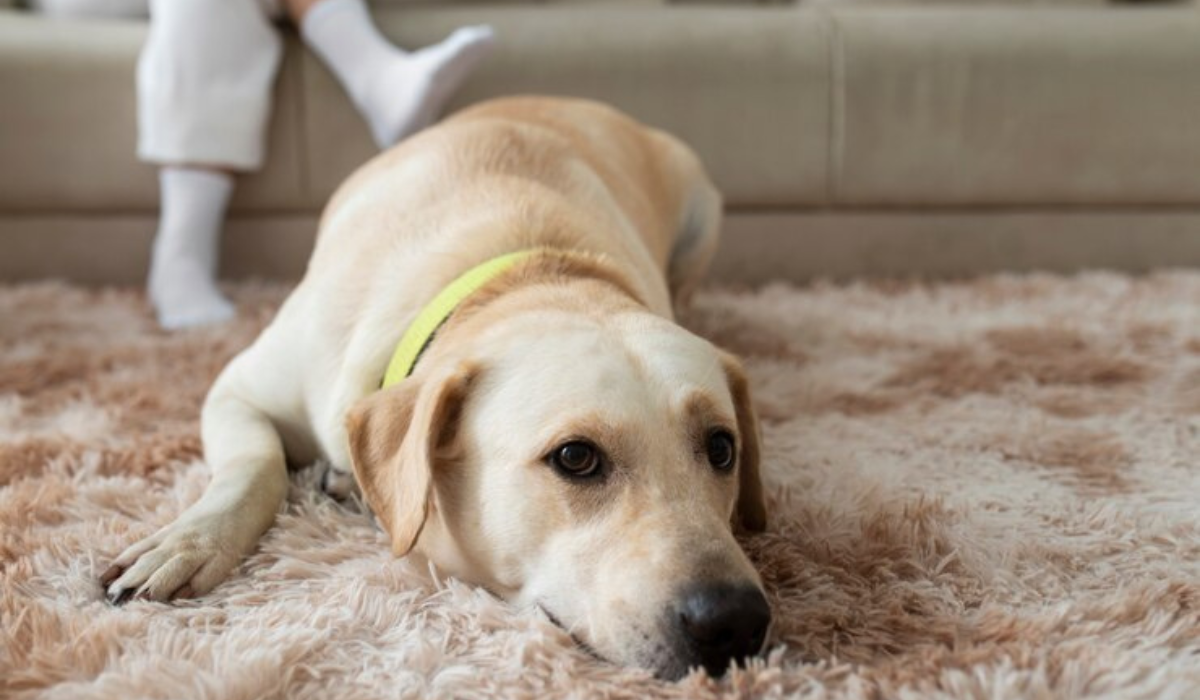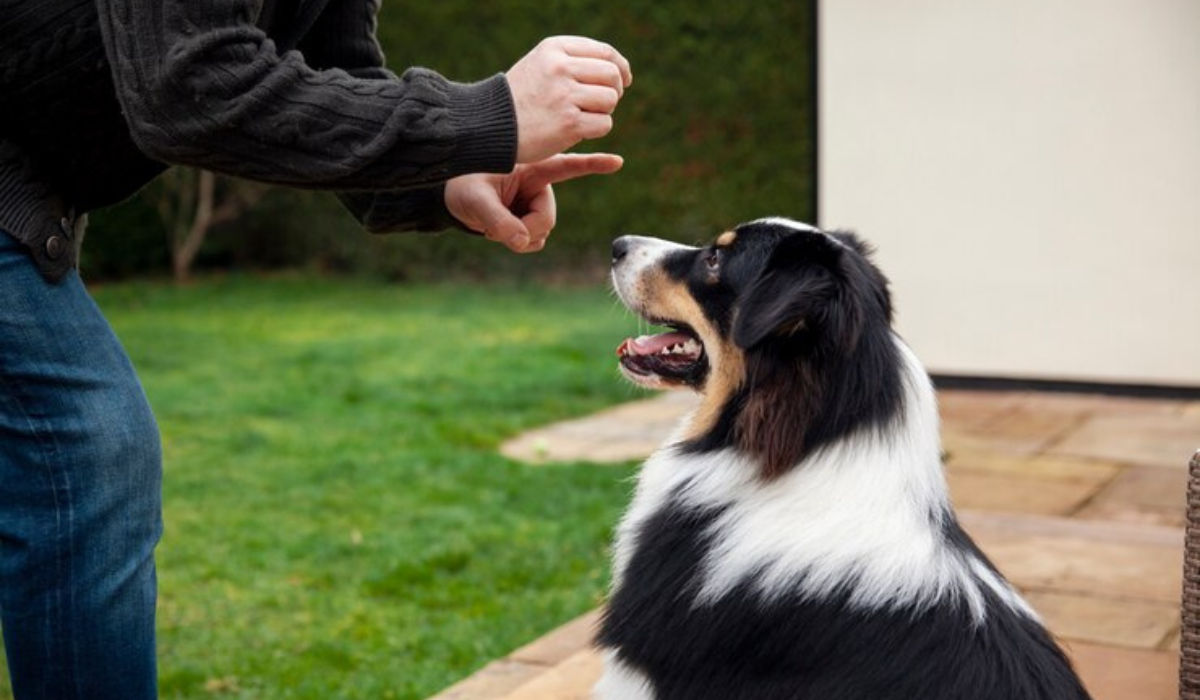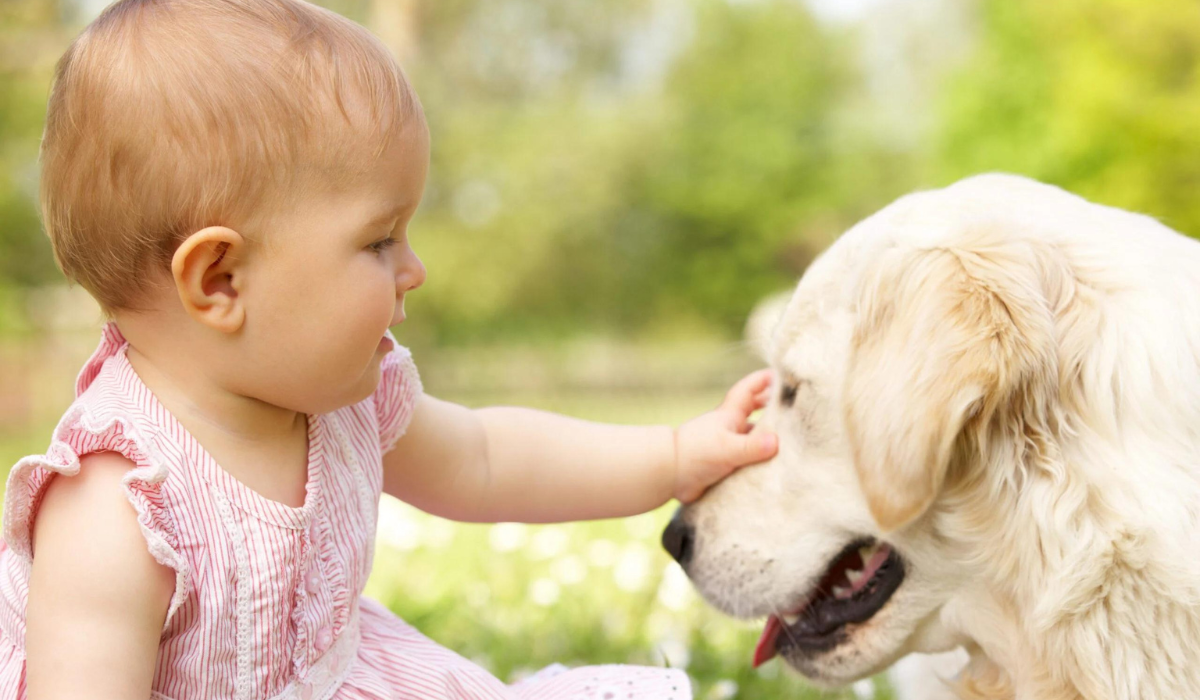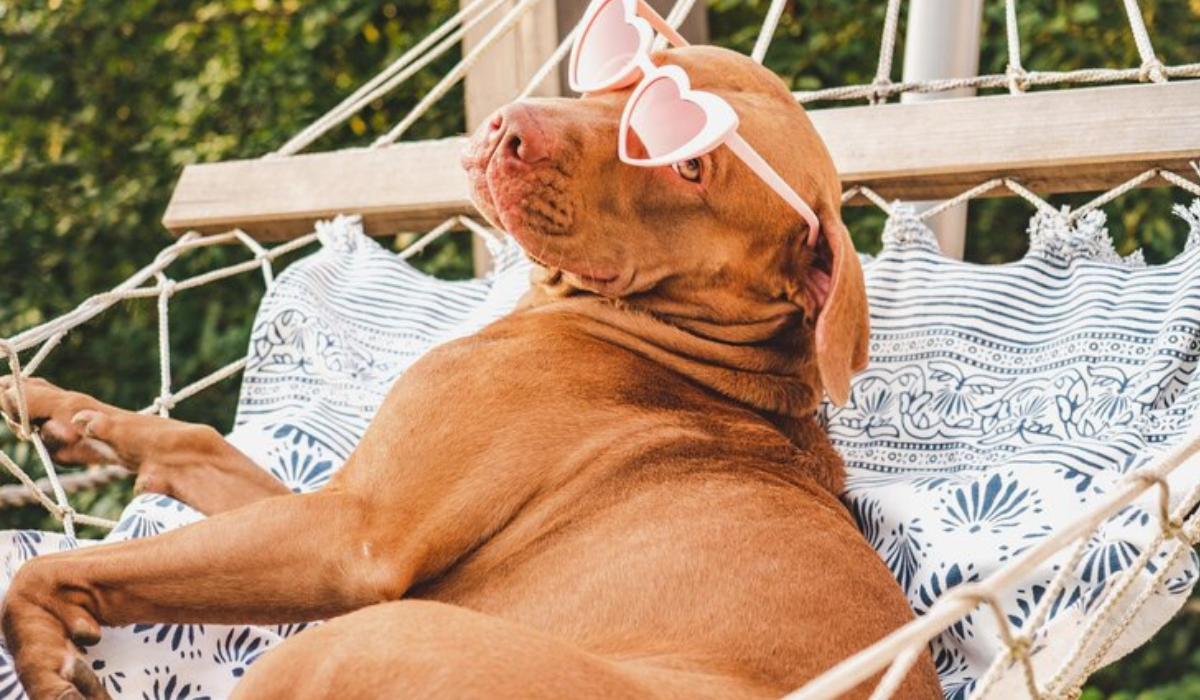We live in a world where social media seamlessly integrates into our daily lives, creating both opportunities and challenges. The tool serves as a valuable tool for locating lost pets, but it also poses risks that, if overlooked, could be harmful to our beloved canine companions. Providing insights into responsible pet ownership in the digital age, this article explores the dangers posed by social media.
Navigating the quagmire of inexperienced guidance
Misguided advice from well-intentioned yet inexperienced pet owners is one of the prominent hazards associated with social media. On social media platforms like Facebook and Twitter, critical topics such as housetraining, aggression, and dietary choices are often discussed. Despite the allure of free advice, it can come with some pitfalls.
False credentials: Another perilous trend involves individuals who claim to be dog trainers or behaviorists without the necessary credentials. Anyone can pose as an expert in the virtual world, potentially causing pets owners to follow ineffective or even harmful advice.
Consultation with a veterinarian is a cornerstone of responsible pet care. It is always better to consult a qualified vet when dealing with health concerns rather than rely on social media. Unverified online recommendations cannot replace a veterinarian’s comprehensive understanding of a pet’s health.
Unmasking the Double Shame of Misinformation in Medical Opinions
It is the dissemination and reception of veterinary advice on social media platforms that poses the greatest danger. This phenomenon, dubbed “Double Shame,” highlights the importance of consulting qualified professionals regarding pet health issues.
Veterinarians possess years of dedicated training and experience in diagnosing and treating a wide range of health issues among pets. When relying on unqualified individuals for medical opinions, pets may receive delayed or inappropriate care, putting their well-being at risk.
How Risky Behavior Gets Normalized: Trends, Expertise, and Expertise
Pet owners are influenced by social media beyond advice, as it shapes trends and behaviors. Online activities that seem harmless can quickly become trends, some of which involve risky behaviors undertaken to gain attention.
In the age of social media, we are faced with a pertinent question concerning the credibility of self-proclaimed experts. The value of genuine experience and expertise in providing reliable pet care advice cannot be replaced by enthusiasm.
A significant concern is the normalization of potentially harmful pet activities. Social media popularity may not always reflect safe and responsible pet ownership. Owners must prioritize the safety of their pets over following trends that may compromise their well-being.
The Digital Age: Navigating it responsibly
As pet ownership evolves in the digital age, promoting responsible practices requires a collective effort. Despite social media’s unprecedented connectivity, it requires discerning use. It is important for pet parents to leverage online platforms for pet-related matters with caution, expertise, and a shared responsibility to ensure our pets’ well-being.

